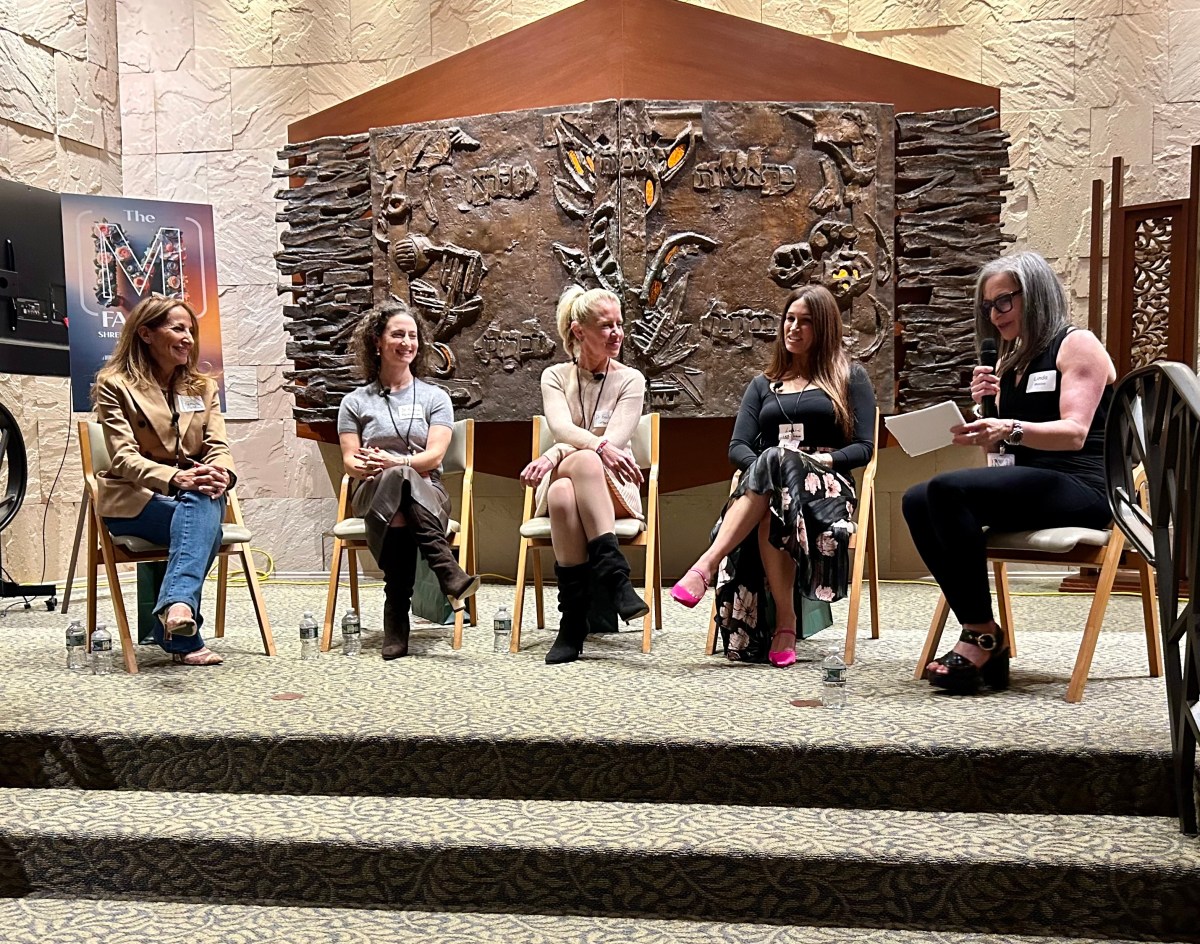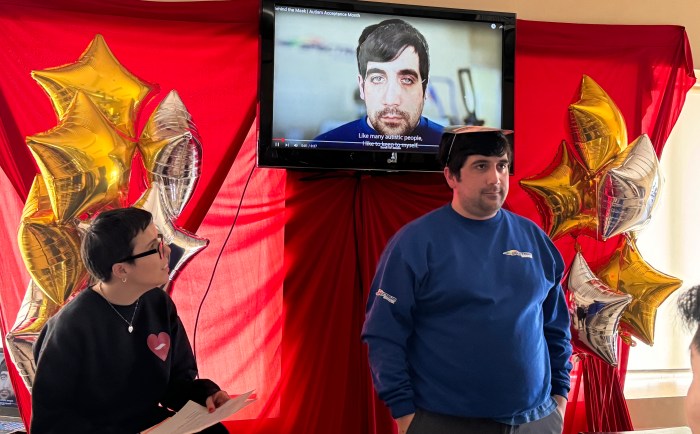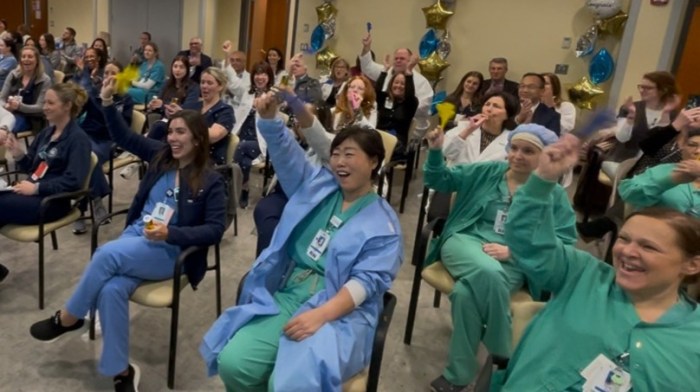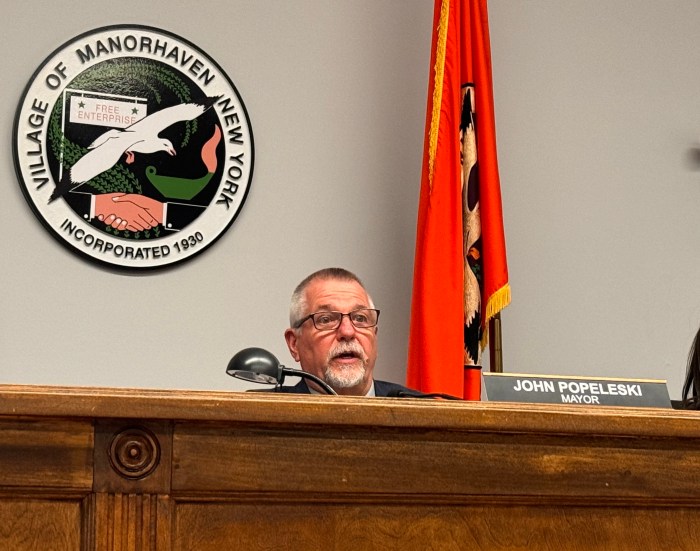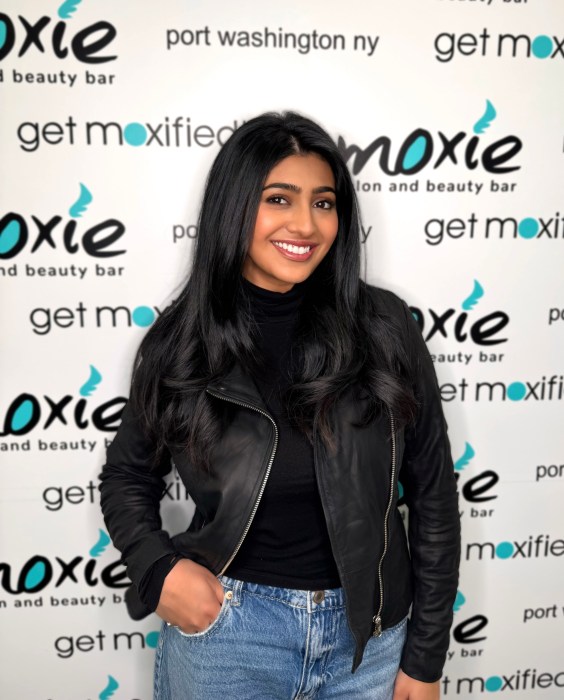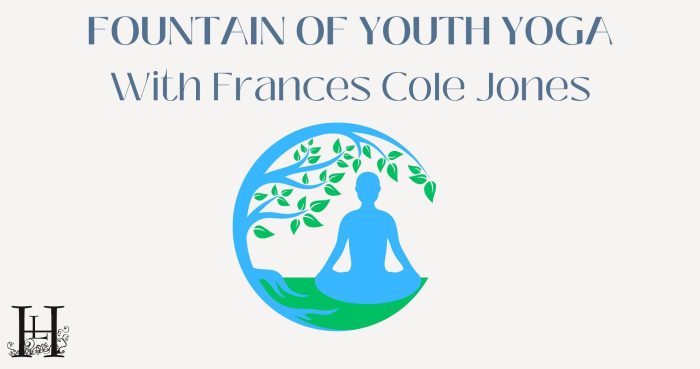A Port Washington woman is running a women’s group focused on giving resources, guidance and help to menopausal women.
Menopause describes a woman’s life stage when her menstrual periods stop permanently, according to the National Institute for Aging. For Linda Moslow, it was one of the most arduous times in her life.
Her own experience during the biological process galvanized her to create a community for women who are also living through menopause. As statewide regulations due to COVID-19 began to wind down, “It’s Time for Me(nopause)” held its first meeting over Zoom.
“I have been on a mission to educate women about menopause, the changes that occur at this time in your life, and what is available to us as support,” Moslow said in an interview with the Port Washington News.
Four years later, they still meet every Monday. The group initially started with 12 women. After bringing on new members in August, the group now has over 20 women, according to Moslow.
Meetings focus on anything related to going through menopause. Meetings can concentrate on ways for women to combat some of the symptoms that come with the transition. Meetings cover areas such as sleep, nutrition, and regular exercise, among many others.
“It’s important for women to be educated, empowered, and ultimately given the strength to advocate for themselves,” Moslow said. “The effects are not just reproductive; they are global to our bodies.”
Most women begin the menopausal transition between 45-55. The process can last for several years. While the average age of menopause is 52 in the United States, women reach menopause at different ages. Typically, women enter menopause when they have not had a period for an entire year.
During the menopausal transition, the body’s production of estrogen and progesterone, two hormones made by the ovaries, declines considerably. Moslow’s group held a screening of the film “The M Factor” at the Community Synagogue in Sands Point on Nov. 7.
Tamsen Fadal and Joanne LaMarca Mathisen produced the film. It sets out to confront the neglected menopause crisis, challenging societal and medical shortcomings, according to its creators. In addition, the producers have said they want to educate and empower women to seek proper healthcare support.
After the screening, Mathisen participated in a questionnaire Moslow hosted with Dr. Evelina Grayver, an assistant professor of Cardiovascular Medicine at Donald and Barbara Zucker School of Medicine and a full-time physician in the Northwell Health System’s Division of Cardiology, Dr. Adrienne Mandelberger a gynecologic surgeon and menopause specialist and Lauren Tetenbaum a social worker specializing in women’s mental health during life transitions.
This is the first of what Moslow hopes will be many community events educating the public about menopause. Moslow acknowledged that the subject can be perceived as taboo sometimes. However, she still believes that it is vital to face the challenges of menopause head-on.
“We are in menopause for the last third of our lives and, in some cases, the last half of our lives,” Moslow said. “That’s a long time. You want to feel good.”
Hot flashes, night sweats, poor sleep, joint and muscle discomfort, pain during sex, moodiness and irritability, forgetfulness, and difficulty concentrating are some of the many symptoms that can occur as a result of the transition.
Symptoms can last between two to eight years, though the timing and symptoms vary greatly among women. These factors are likely influenced by a woman’s genetics as well as external factors, such as race and ethnicity, culture, lifestyle, and environment.
As a mother of three sons, it was important for Moslow to educate her kids growing up about menopause; she said that her sons were crucial to helping her deal with everything that comes with the transition.
“A man needs to be sensitive to it, it’s really important,” she said.
Moslow hopes to see more significant investments in menopause research and education.
“The medical schools’ education is lacking in regards to teaching their students about this,” Moslow said. “The hope is to change the curriculum at the medical school educational level, nutritional level as well as have more medical practitioners and doctors educated in this field.”
Moslow has no plans to stop hosting her group’s meetings every Monday. A firm believer in giving back, Moslow said she is determined to continue fighting for menopausal women.
“Hopefully, it will change because no matter what, you’re still going to go through it. It’s the one commonality all women have. The only difference is when and how,” she said.




